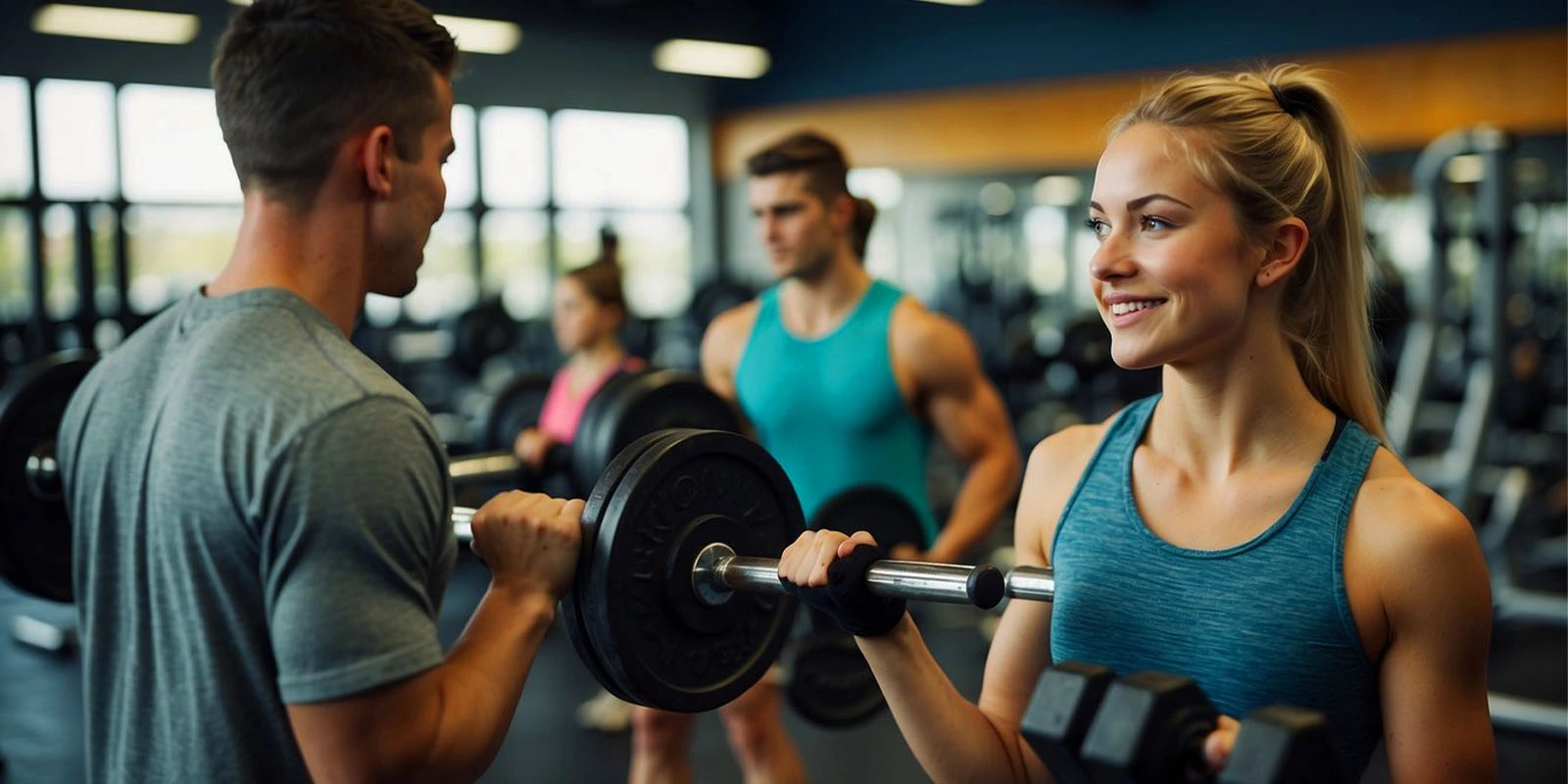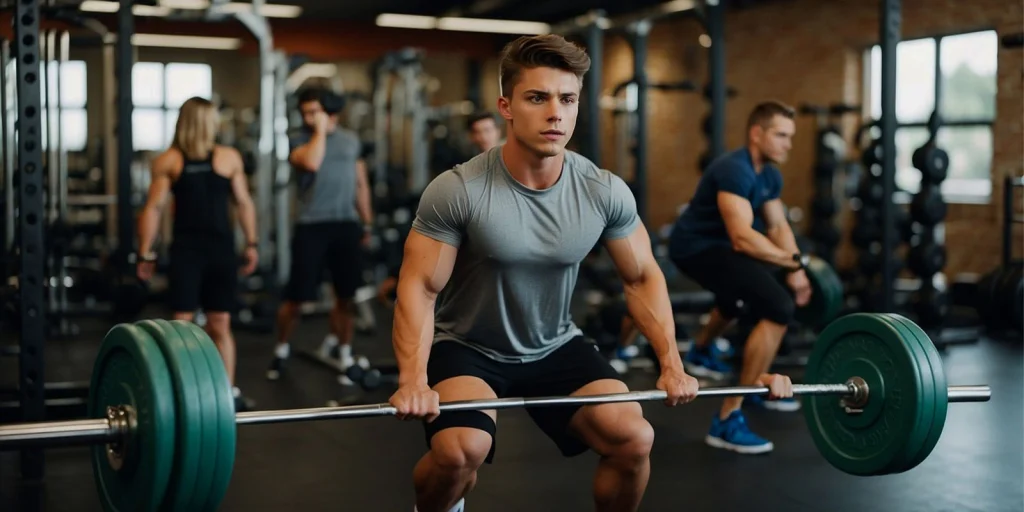


This article provides 5 strength training tips for teens, grounded in evidence-based research from famous sources, and following these strength training tips for teens, can enhance their performance, avoid injuries, and increase muscle growth. You can read related articles on rambodfit.com as well.
strength training tips for teens can have various benefits including self-confidence, enhancing physical health, and mental well-being. these tips can be beneficial if teens follow them and establish a lifelong fitness lifestyle.
Table of Contents
Parents, adults, and coaches are crucial in motivating teens to exercise, especially strength training. they should promote their knowledge about different factors in sports and guide teens to get the best result possible and enjoy doing it.

Some teens may want to lift heavier weights to progress faster or to show off, however, performing exercises in the right form is more important than lifting heavy weights, because it can cause injury and dangerous side effects for them.
One of the most important strength training tips for teens is to learn the proper form of doing the movement and research has shown that it can reduce the chance of musculoskeletal injuries and improve muscle activation during exercise.
Start with lighter weights or body weights to learn the movement pattern before increasing the resistance.
Progressive overload is one of the most important factors in strength training tips for teens and adults. It means a gradual increase in stress on muscles like heavier weight, less rest, and higher volume which forces the muscles to adapt and get stronger, however, teens should be careful to do this properly not to get injured or overtrained.
Studies have confirmed that doing progressive overload step by step is much better than trying to lift too much too soon. Teens should work on small increases in weight or volume to give their bodies time to adapt and grow.
Plan to increase the weight by 2.5-5% every week or add extra repetition to challenge your muscles.
Nutrition plays an important role in muscle recovery and strength and protein is the key macronutrient for both. Teens who are doing exercises, especially strength training should consume enough protein to support recovery and muscle growth.
Research from examine.com says that teens should aim for around 1.6 to 2.2 grams of protein per kilogram of body weight daily to maximise muscle synthesis.
This protein can come from chicken, fish, and eggs as well as protein shakes when required.
Consume a post-workout protein-rich snack, like a protein shake, or chicken breast within 30 minutes after finishing your workout that contains around 30 grams of protein to start muscle recovery.
High-quality sleep is one of the most underrated features of strength training. When you are in deep sleep, growth hormone is produced, which is needed for muscle recovery. For teens, good sleep is even more important because they are still in the stage of growth.
Research indicates that lack of sleep interferes with overall recovery and may cause injuries. It is suggested that teens sleep between 8_10 hours to experience muscle growth and recovery in the best way possible.
Create a sleep routine by going to bed and waking up at the same time every day and avoid using mobile, laptop, and TV one hour before bedtime to enhance the quality of sleep.
Compound exercises like squats, deadlifts, and bench presses involve different muscle groups which are very effective for strength development. These movements can help teens build fundamental functional strength and create athletic performance.
According to Examine.com compound exercises agitate more muscle fibers compared to isolation movements (leg extension), also compound movements allow teens to lift heavier weights which will enhance muscle growth and strength.
Prioritize your training plan with compound movements and use isolation exercises as a supplement to aim for specific muscle groups.
Strength training can be a transformative and impeccable period for teens with physical, mental, and emotional benefits. By following these 5 life-changing strength training tips for teens, teens can ensure they are on the right path with the least error and trial and avoid common injuries. Healthline is a valid source to check.
With proper planning, patience, and the right approach strength training can become part of your lifestyle and promote your health and confidence. Remember that with consistency, the proper amount of rest, diet, and training your success in this field is inevitable. These science-based strength training tips for teens will help teens stay on the right path and enjoy the process while being motivated in their fitness journey.
Start with bodyweight exercises like push-ups, squats, and lungs before adding weight. it will help you build a basic of strength and balance, which is necessary before adding weight and preventing injury. This is one of the basic strength training tips for teens.
Definitely, include a mix of cardio, resistance, and flexibility training. A balanced program will provide full-body fitness, promoting overall health and preventing muscular imbalances.
Resistance and strength training is better for 3-2 days per week, with rest days in between. Muscles need time to recover, Training too often without rest can lead to overtraining and enhance the risk of injury. One of the most important strength training tips for teens is not to get injured.